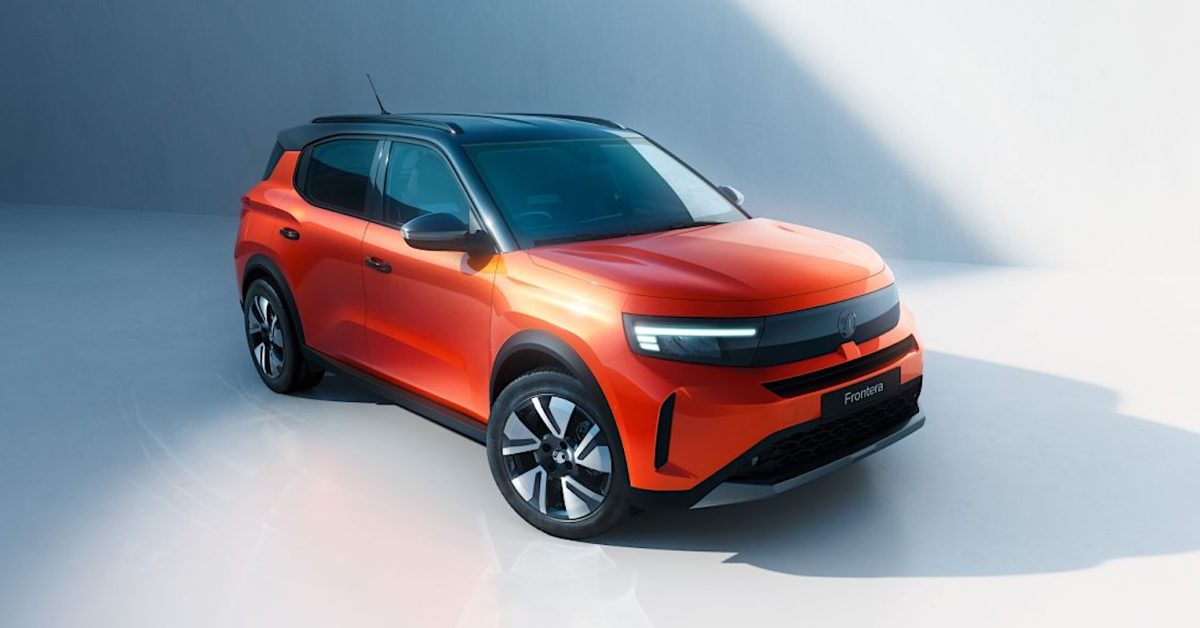The newest midsize crossover in Stellantis’ European lineup is available in five or seven-passenger configurations with either mild hybrid ICE or BEV drivetrain configurations – but that’s not the interesting part. The interesting part is this: whether you go with gas or electric, the price you pay remains the same. (!) Price parity, in the context of EVs, basically means that it would cost the same to buy an electric version of a car as an internal combustion version. Whether or not making parity a priority makes sense (and there are plenty who would argue that it doesn’t), there is still a persistent belief that EVs cost more than comparable gas cars.
Well, they did, anyway. The new Vauxhall Frontera is a mid-size crossover set to launch in the UK later this year with a £23,495 price tag (approx. $30,705) for the ICE version … and £23,495 for the BEV.



For my Chevy, which is out of warranty now, but amazingly still working with little to degradation, it would be around $15000 CAD for a new replacement battery at the dealer. Less if I can source the used part from a wreck and goto my own mechanic.
For the Soul, I have no idea, but I’m 140,000km or 5 years away from being exposed to it.
Just for context, a motor replacement for an ICE car can run anywhere from $5500-$14000 CAD according to JD power and associates.
Battery failure is an interesting problem, dead cells can reduce the range of the car, but is my Bolt with a 300km range useless? Probably not. The batteries can be pulled for home backup uses as well if the failure isn’t catastrophic. When an ICE engine fails, we salvage the parts, EVs have that too. There is a huge community around replacing and upgrading NISSAN leaf batteries, for example, they can be upgraded for half what I mentioned here.
Plus battery cost is still dropping rapidly, while the longevity has been increasing. A lot of refinement of the tech has been going on the last 10 years.
CATL is producing a battery with a million mile 15 year, 80% charge warranty that is only a bit less energy dense than current batteries. At 15 years, if your battery is 79.9% Soc, they do a full replacement.
For context, CATL is not some start up making a big promise, they’re one of the biggest battery manufacturers in the world and this battery is in production now, headed to EVs in a year or two. This tech ends battery failure anxiety, and will guarantee batteries outlive the useful life of the car.
Do you think people could intentionally degrade their battery to get a replacement before the warranty runs out? I don’t know how one would do this but it would be on my mind if I owned an EV.
This doesn’t seen feasible without damaging or bypassing something that could likely be discovered later when looking at any data collected while charging. This sounds like a good way to wind up with a broken car and no warranty.